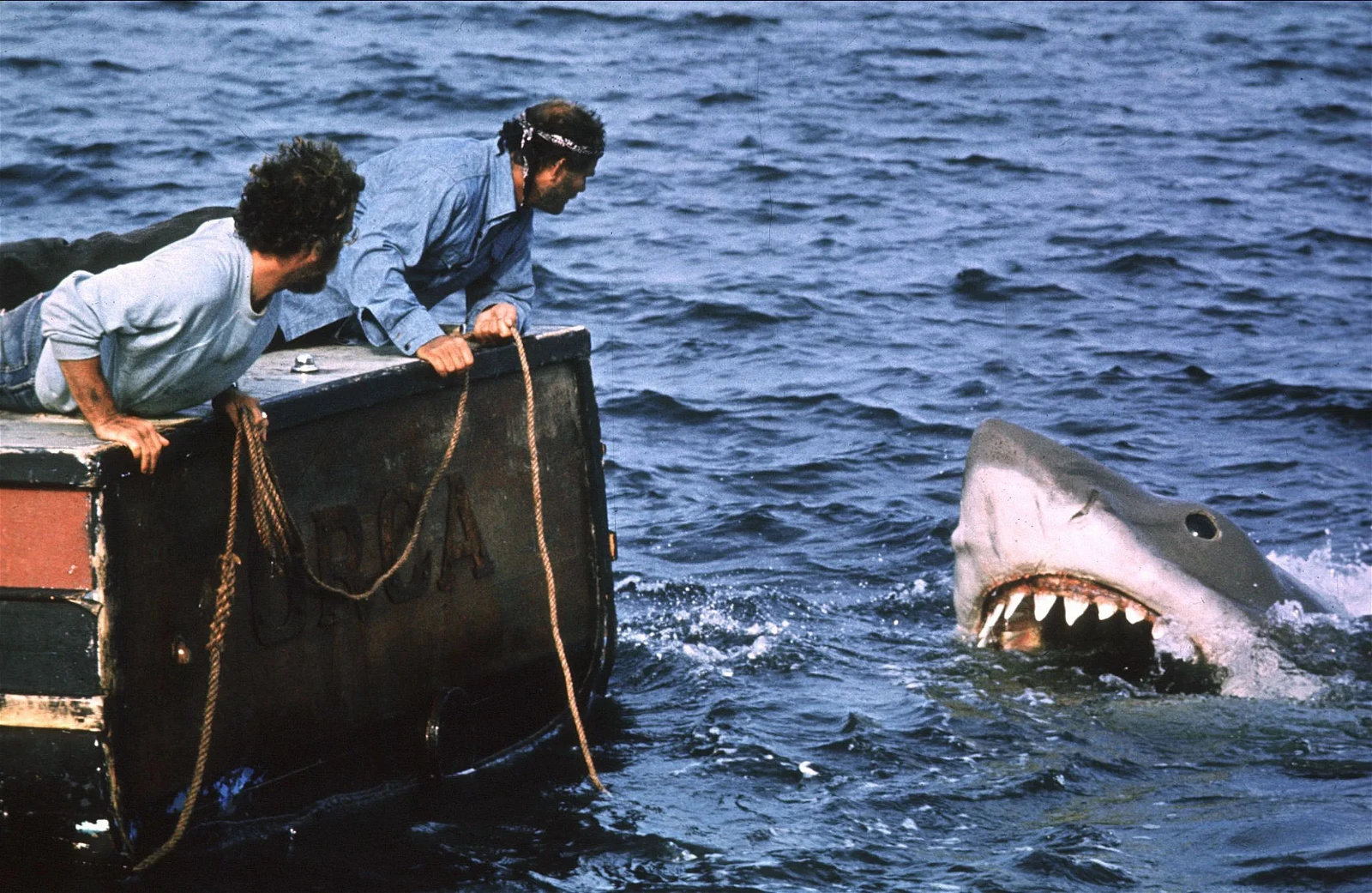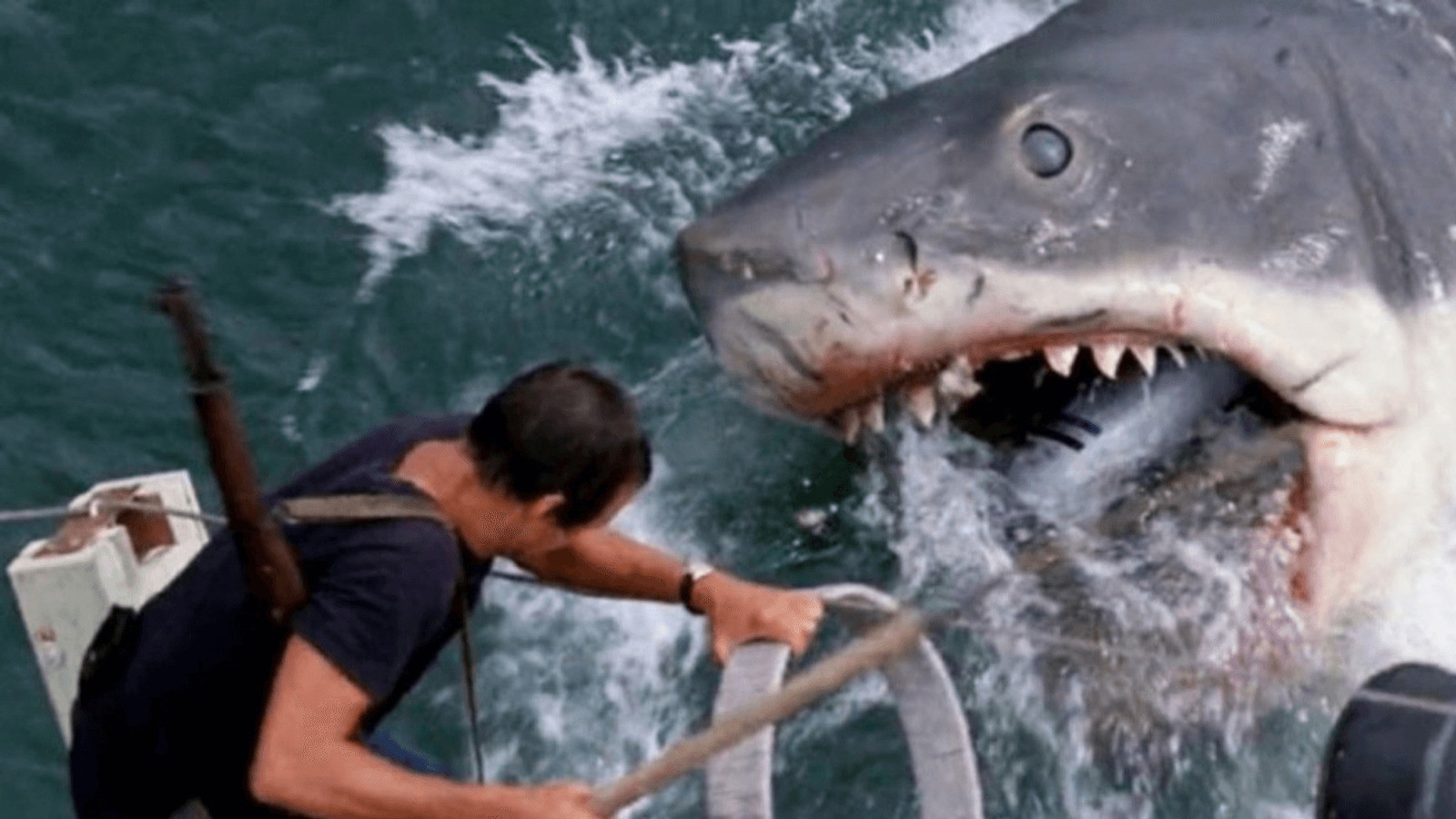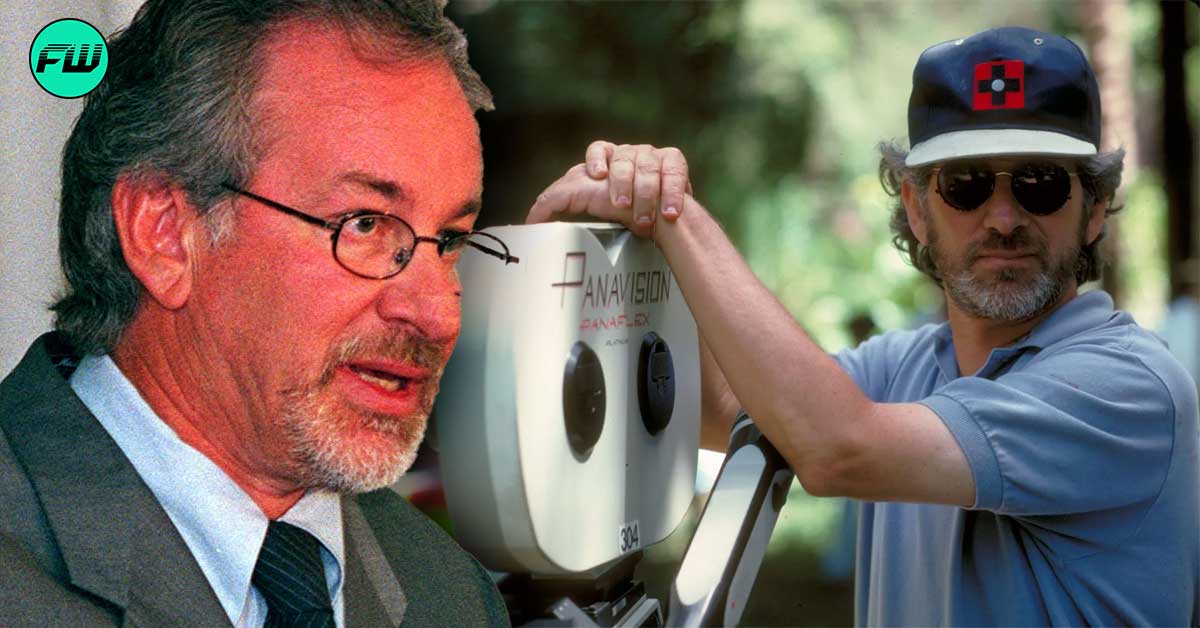The name Steven Spielberg is one of the most recognizable in cinema history. A visionary filmmaker, he has given us everything from alien encounters in E.T. the Extra-Terrestrial to swashbuckling adventures in Indiana Jones. One of Spielberg’s most recognizable works, Jaws, was originally intended to be a fun summer blockbuster but was instead a nightmare for generations of families.
The crew was pushed to their limits while making this genre-defining thriller, and they all longed for the day they could finally get away from the ocean’s unrelenting grasp. For the upcoming book Spielberg: The First Ten Years, Steven Spielberg talks about the challenges of adapting the terrifying story of a man-eating shark into a film in an exclusive interview.
Jaws: A Vision Amidst the Waves

With its beautiful beaches and clear water, the Jaws set concealed a terrifying secret. Steven Spielberg’s ambition to create a masterpiece was tested with seasickness sweeping through the crew like a relentless tide.
Suggested Article: “I can’t exist like this”: Batman Star George Clooney Wanted to Commit Suicide after $94M Matt Damon Movie Nearly Crippled Him
The harsh sea was as much a character in the film as the menacing shark, but its fickle nature constantly threatened to scuttle the shoot.
“Being on Jaws became a living nightmare, and not because I didn’t know what I was doing or because I was struggling to find the movie in my head. I knew the film I wanted to make. I just couldn’t get the movie I had in mind on film as quickly as I wanted.”

The terrifying novel by Peter Benchley that inspired the film is where the term Jaws first appeared. Steven Spielberg’s interest in the story inspired him to go on a filmmaking quest to bring the terrifying tale back to the big screen.
The director had no idea how far his resourcefulness and fortitude would be tested on this journey. The crew’s exhaustion grew as the days turned into weeks and the weeks into months. The original shooting schedule for the horror film was 55 days, but it took an inconceivably long 159 days.
When the crew became increasingly agitated and desperate, Spielberg faced their questions head-on with unflinching candor. The filmmaker knew the trip could go on forever, and he was worried about being replaced by a more capable leader.
Steven Spielberg: A Triumph Beyond Turmoil

According to Steven Spielberg’s recollection, “most of the crew was happy about it” when he discussed the possibility of him being fired or the show being canceled. People were tired and wanted to go home because this chore was “physically impossible.”
“Whenever I talked about the possibility of me being fired or the show being shut down, most of the crew was happy about it—this wasn’t a labor of love for anybody. This was a physically impossible chore and people wanted to go home.”
The crew, predictably, longed for the safety of Earth. Making what was intended to be a cinematic masterpiece had become physically and emotionally draining. The initial excitement surrounding the project had been drained by the relentless pursuit of excellence, leaving a sense of weariness and a desire for normalcy.
Despite the rough waters, Spielberg and his crew pushed forward, motivated by their love of film and a will to overcome the obstacles that stood in their way. Their perseverance is what made Jaws a box office success.
The movie will go down in cinematic history as a classic thanks to its terrifying suspense and superb storytelling. The lasting success of Jaws is a tribute to everyone who worked so hard on it. Because of his success in overcoming adversity, Steven Spielberg is regarded as one of the greatest filmmakers ever.
Source: The Digital Fix

